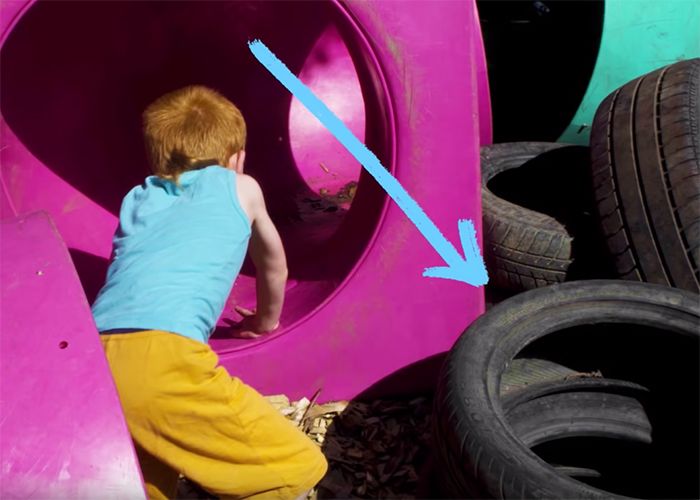Risky playgrounds could be better for kids: Studies show that kids develop greater risk detection, creativity, and self-esteem through riskier playgrounds, says Vox in an episode of By Design. Studies have found that risky outdoor play is a key part of children’s health, promoting social interactions, creativity, problem-solving, and resilience. Some communities are even experimenting with “adventure playgrounds,” a format with origins in World War II Denmark, where bomb sites became impromptu playgrounds. Filled with props like nails, hammers, saws, paint, tires, and wood planks, these spaces look more like junkyards than play spaces – and parents are often kept outside the playground while children are chaperoned by staff. Now, that question of keeping children safe versus keeping children engaged is at the heart of a big debate in playground …
- Products
- New Releases
- All New Releases
- Aria Bench
- Aria Long Communal Table
- Aria Lookout Table
- Aria Seat
- Aria Seating System
- Aria Table
- ChillOUT Tree
- Frame Planter
- Linea Bar Table
- Linea Bench
- Linea Bicycle Stand
- Linea Bollard
- Linea Cube
- Linea Curved Bench
- Linea Curved Seat
- Linea Lookout Bar Table
- Linea Lookout Table
- Linea Planter
- Linea Platform
- Linea Seat
- Linea Sun Lounge
- Linea Table
- Linea VT Bench
- Linea VT Curved Bench
- Linea VT Curved Seat
- Linea VT Seat
- Piatto Bar Stool
- Piatto Chair
- Piatto Coffee Table
- Piatto Love Seat
- Piatto Stool
- Piatto Table
- Seats
- All Seats
- Arc Seat
- Aria Seat
- Aria Seating System
- Cafe Stool
- Classic Galleria Seat
- Classic Plaza Seat
- Classic Promenade Seat
- Concourse Seat
- Forum Seat
- Linea Curved Seat
- Linea Platform
- Linea Seat
- Linea Sun Lounge
- Linea VT Curved Seat
- Linea VT Seat
- Mall Seat
- Mall Sun Lounge
- Park Seat
- Piatto Bar Stool
- Piatto Chair
- Piatto Love Seat
- Piatto Stool
- Benches
- All Benches
- Aero Leaning Rail
- Arc Seat
- Aria Bench
- Aria Seating System
- Cafe Stool
- Classic Galleria Bench
- Classic Galleria Slim Bench
- Classic Plaza Bench
- Classic Plaza Platform
- Forum Low Table (or Bench)
- Linea Bench
- Linea Cube
- Linea Curved Bench
- Linea Platform
- Linea VT Bench
- Linea VT Curved Bench
- Mall Bench
- Mall Curved Slim Bench
- Mall Platform
- Mall Slim Bench
- Park Bench
- Park Slim Bench
- Piatto Bar Stool
- Piatto Stool
- Tables
- All Tables
- Aria Long Communal Table
- Aria Lookout Table
- Aria Table
- Cafe Table
- Classic Galleria Table
- Classic Plaza Platform
- Classic Plaza Table
- Forum Low Table (or Bench)
- Linea Bar Table
- Linea Lookout Bar Table
- Linea Lookout Table
- Linea Platform
- Linea Table
- Mall Platform
- Mall Table
- Park Table
- Piatto Coffee Table
- Piatto Table
- Shade Structures
- Litter Solutions
- Bollards
- Drinking Fountains
- Bicycle Parking
- Planters and Tree Surrounds
- Parts and Accessories
- Colour Chart
- New Releases
- Projects
- Climate Action
- StreetChat
- About
- Contact



